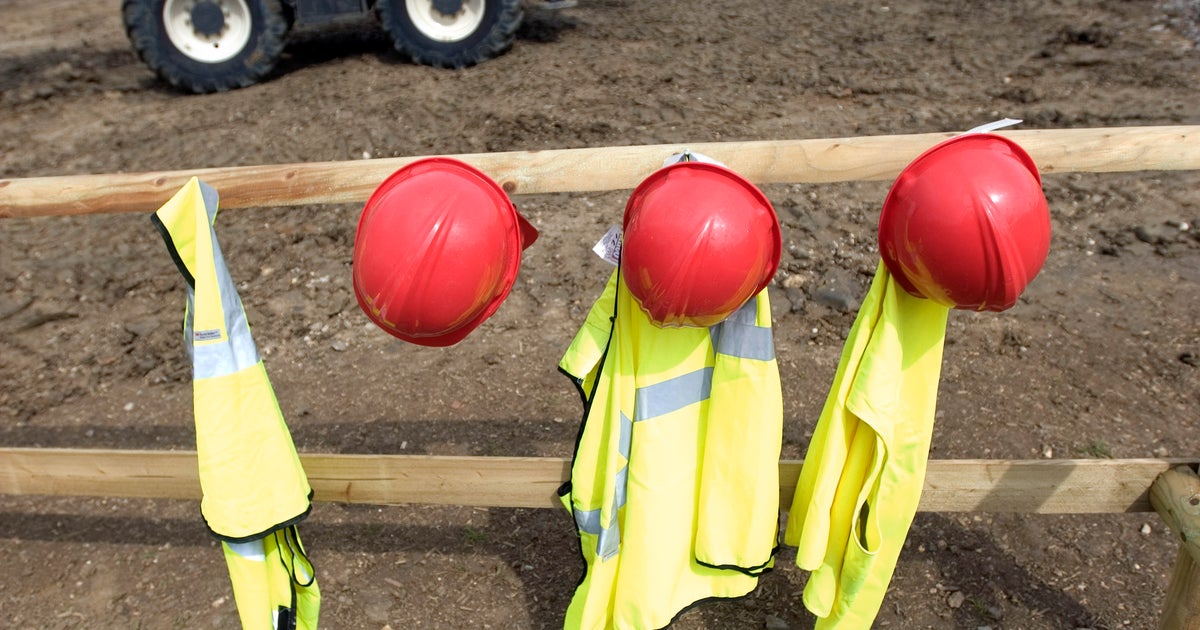Half of Americans admit using swimming pool in lieu of shower
Editor's note: An earlier version of this story failed to report that the PR firm that conducted the survey was working on behalf of the chlorine industry. It did not meet our editorial standards and we regret the error.
With summer right around the corner, Americans are ready to kick off a season of sunshine and swimming. But before you jump into the water, beware: a new survey exposes some bad habits that contribute to dirty swimming pools.
The online survey found that more than half of U.S. adults say they have at some point gotten into a pool as a substitute for showering or to rinse off after exercise or yardwork.
The survey was conducted by Sachs Media Group, a PR firm working on behalf of the Water Quality & Health Council, a group of advisors to the chlorine industry trade association. On its website, Sachs Media Group says it aims to "Improve chlorine's brand nationwide to pre-empt legislators and regulators from developing policy that promotes chlorine alternatives."
"When dirt, sweat, personal care products, and other things on our bodies react with chlorine, there is less chlorine available to kill germs," Dr. Chris Wiant, chair of the Water Quality & Health Council, said in a statement. "Rinsing off for just one minute removes most of the dirt, sweat, or anything else on your body."
The report is based on an online survey of 3,100 American adults. It also found 40% admit to peeing in the pool as an adult. Experts warn that urine reacts with chlorine, reducing the amount of the chemical available to kill germs.
"The bottom line is: Don't pee in the pool," said Michele Hlavsa, chief of the CDC's Healthy Swimming program. "Swimming is a great way to be physically active and not peeing in the pool is a key healthy swimming step."
The survey revealed even more nasty findings. Almost a quarter of those surveyed said they'd go in a swimming pool within one hour of having diarrhea and 48% said they never shower before swimming.
The CDC advises all swimmers stay out of the pool if they have diarrhea, as this can contaminate the pool with feces and germs, which can make others sick. Everyone should also rinse off before entering a swimming pool.
When it comes to making sure the water is safe to swim in, the CDC recommends taking matters into your own hands. Pool-goers can use a test strip — available at most pool-supply stores, or free on the Water Quality and Health Council's Healthy Pools campaign website — to determine if the pH and free chlorine or bromine concentration are correct. The CDC recommends the following levels:
- Free chlorine concentration of at least 1 ppm in pools and at least 3 ppm in hot tubs/spas.
- Free bromine concentration of at least 3 ppm in pools and at least 4 ppm in hot tubs/spas.
- pH of 7.2-7.8.





